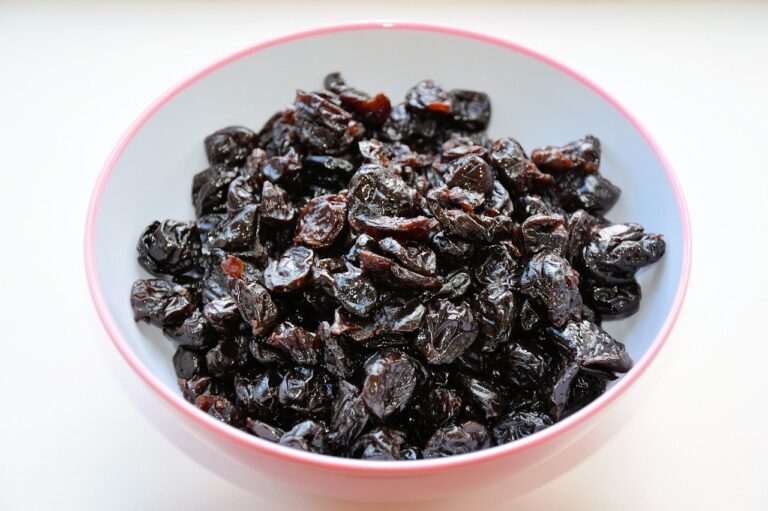Regulatory Considerations for Biosimilar Monoclonal Antibody Fragments: 11xplay com, Laser247, Skylivecasino signup
11xplay com, laser247, Skylivecasino Signup: Regulatory Considerations for Biosimilar Monoclonal Antibody Fragments
In recent years, biosimilar monoclonal antibody fragments have gained significant attention in the pharmaceutical industry due to their potential to provide more affordable alternatives to costly biologic therapies. However, developing biosimilar monoclonal antibody fragments comes with its own set of challenges, particularly when it comes to regulatory considerations.
Regulatory agencies play a crucial role in ensuring the safety, efficacy, and quality of biosimilar products. Therefore, companies looking to develop biosimilar monoclonal antibody fragments must navigate the complex regulatory landscape to bring their products to market. Here are some key regulatory considerations to keep in mind:
1. Classification: Biosimilar monoclonal antibody fragments are considered biological products and fall under the jurisdiction of regulatory agencies such as the U.S. Food and Drug Administration (FDA) and the European Medicines Agency (EMA). Companies must demonstrate that their product is highly similar to the reference product in terms of structure, function, and efficacy.
2. Comparative Analytical Studies: One of the key requirements for biosimilar approval is demonstrating analytical similarity between the biosimilar product and the reference product. Companies must conduct extensive comparative analytical studies to assess physicochemical characteristics, biological activity, and purity of the biosimilar monoclonal antibody fragment.
3. Non-clinical and Clinical Studies: In addition to analytical studies, companies must conduct non-clinical and clinical studies to demonstrate similarity in safety and efficacy between the biosimilar and reference product. These studies play a crucial role in establishing the biosimilarity of the product.
4. Immunogenicity: Immunogenicity is a key consideration for biosimilar monoclonal antibody fragments, as it can impact the safety and efficacy of the product. Companies must conduct immunogenicity studies to assess the risk of immune responses to the biosimilar product.
5. Pharmacovigilance: Once the biosimilar product is approved and on the market, companies must have systems in place for pharmacovigilance to monitor and report any adverse events associated with the product. This is crucial for ensuring the ongoing safety of the product.
6. Post-Marketing Studies: Regulatory agencies may require companies to conduct post-marketing studies to further assess the safety and efficacy of the biosimilar monoclonal antibody fragment. Companies must be prepared to comply with these requirements.
FAQs:
Q: Are biosimilar monoclonal antibody fragments as effective as the reference product?
A: Biosimilar monoclonal antibody fragments are required to demonstrate similarity in efficacy to the reference product through comparative clinical studies.
Q: How long does it take to get a biosimilar monoclonal antibody fragment approved?
A: The approval process for biosimilar products can vary, but it typically takes several years to complete all the necessary studies and obtain regulatory approval.
Q: Are biosimilar monoclonal antibody fragments safe to use?
A: Biosimilar monoclonal antibody fragments are rigorously tested for safety and must meet the same safety standards as the reference product.
In conclusion, navigating the regulatory considerations for biosimilar monoclonal antibody fragments can be challenging, but it is essential for ensuring the safety and efficacy of these products. Companies must be prepared to meet the stringent requirements set forth by regulatory agencies to bring their biosimilar products to market successfully.







